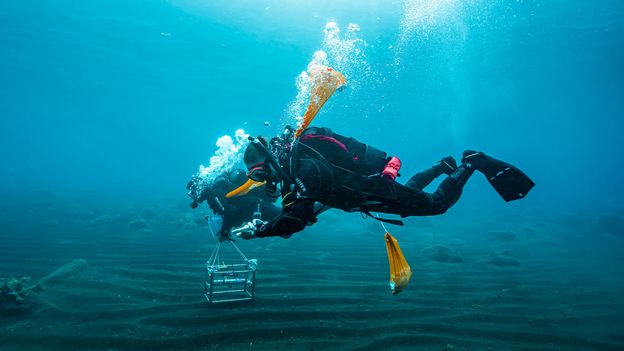Summary
Scientists are exploring the potential of microbes, particularly cyanobacteria, to help address climate change and other environmental challenges. A new strain of cyanobacteria discovered near Sicily was found to consume carbon dioxide (CO2) rapidly through photosynthesis, converting it into biomass. These microbes can capture more carbon in a shorter time frame and can be grown in non-arable land or seawater, not competing with food production. Researchers are creating a “living database” to share DNA sequences, allowing scientists worldwide to continue studying these microbes. Microbes can also be used to address the decline in pollinator populations, offering a multifaceted approach to environmental issues.



cyanobacteria falling to the bottom of the ocean is a thing thats been going for awhile and can remove carbon but that is only the amount that does not get captured into the food web. Cyanobacteria blooms have their own issues though. they are just algae.